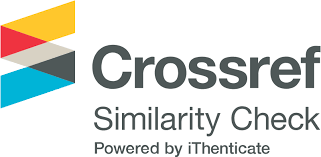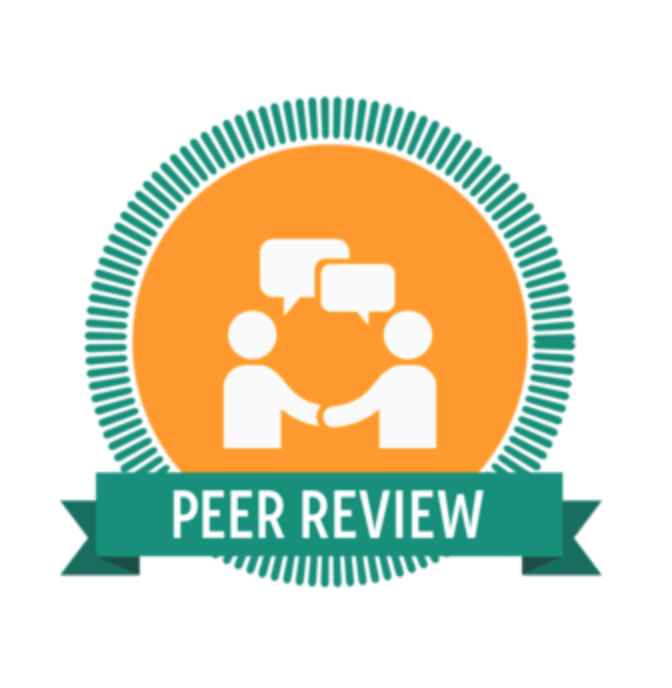AN EXECUTION OF PROJECT BASED LEARNING IN LANGUAGE EDUCATION
DOI:
https://doi.org/10.59415/mjacs.v2i4.207Abstract
Problem-Based Learning (PBL) has gained popularity in Engineering and Linguistics, particularly language education. PBL is students- centered, characterized by activity-based and group-based learning. This paper reviews several PBL language education, observing their principles and features. PBL is mainly applied in activity-based learning and group-based learning, such as writing papers by title or working in groups. Further, this paper compares traditional education and PBL results, analyzing differences in outcomes. PBL can deepen students' understanding of knowledge and stimulate learning motivation, addressing the problem of superficial knowledge and mechanized learning in traditional education. Overall, PBL offers advantages in language education, offering great development prospects in the linguistics field.
Downloads
References
Ab Rashid, R., et al. (2016). Problem-based learning in language education program: what educators and learners have to say. Man in India, 96(12), 5315–5322.
Blumenfeld, P., Soloway, E., Marx, R., & Krajcik, J. (1991). Motivating ProjectBased Learning: Sustaining the Doing, Supporting the Learning. Educational Psychologist. 26. 369-398. https://doi.org/10.1207/s15326985ep2603&4_8
Beckett, G. H., & Slater, T. (2005). The project framework: A tool for language, content, and skills integration. ELT journal, 59(2), 108-116. https://doi.org/10.1093/eltj/cci024
Chen, D. (2019). The Application of Project-based Learning in English and American Literature Courses.
De Graaff, E., & Kolmos, A. (2003). Characteristics of problem-based learning. International Journal of Engineering Education, 19(5), 657–662.
Hussain, M. A. (2009). Development problem solving capabilities in English literature through problem based learning method. Pakistan
Masek, A., & Yamin, S. (2012). A comparative study of the effect of problem based learning and traditional learning approaches on students’ knowledge acquisition.International Journal of Engineering Education, 28(5), 1161.
Mohamad, A., & Tamer, Y. (2021). A review of literature on Project-Based Learning inside language education. Turkish Online Journal of English Language Teaching, 6(2), 79–105.
Park, J. E. (2017). A study of teaching methods on English literature using flipped learning and problem based learning.International Information Institute (Tokyo). Information, 20(6B), 4345–4354.
Sahib Tamimi, R., & Salamin, A. (2020). Effectiveness of project-based learning on students’ achievement and motivation towards English in an EFL environment. Hebron University Research Journal-B (Humanities).
Trigwell, K., Prosser, M., & Waterhouse, F. (1999). Relations between t
eachers’ approaches to teaching and student learning. Higher Education, 37, 57–70.
Downloads
Published
How to Cite
Issue
Section
ARK
License
Copyright (c) 2024 Merlin S

This work is licensed under a Creative Commons Attribution 4.0 International License.
License Statement
This work is licensed under a Creative Commons Attribution 4.0 International License (CC BY 4.0).
Authors who publish with mLAC Journal for Arts, Commerce and Sciences (m-JACS) retain copyright of their articles and grant the journal the right of first publication.
This license allows others to share, use, and build upon the work—commercially or non-commercially—as long as appropriate credit is given to the original authors and source, and any changes are indicated.
The journal encourages open access and supports the free exchange of knowledge while ensuring proper attribution of original work.


















